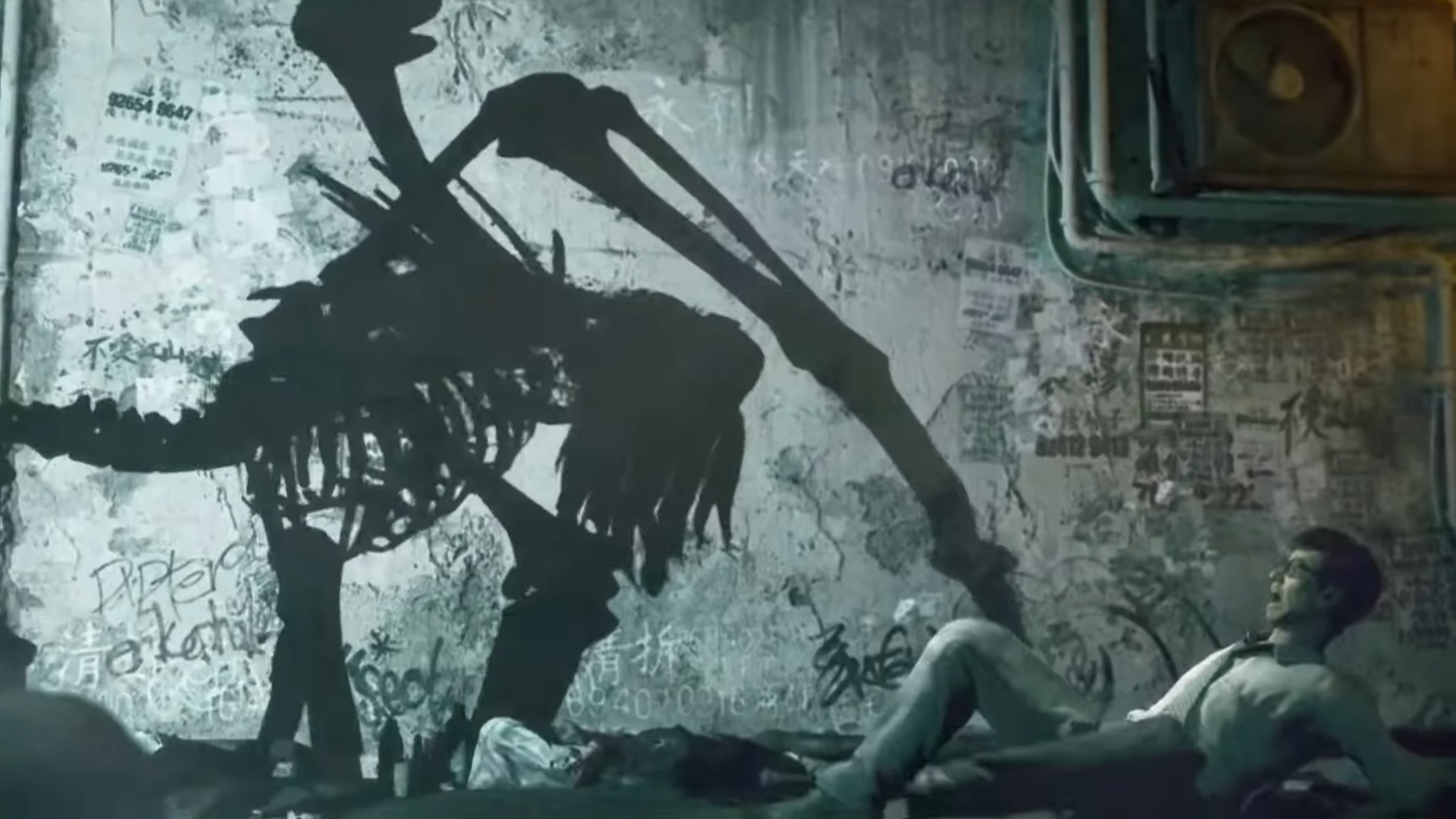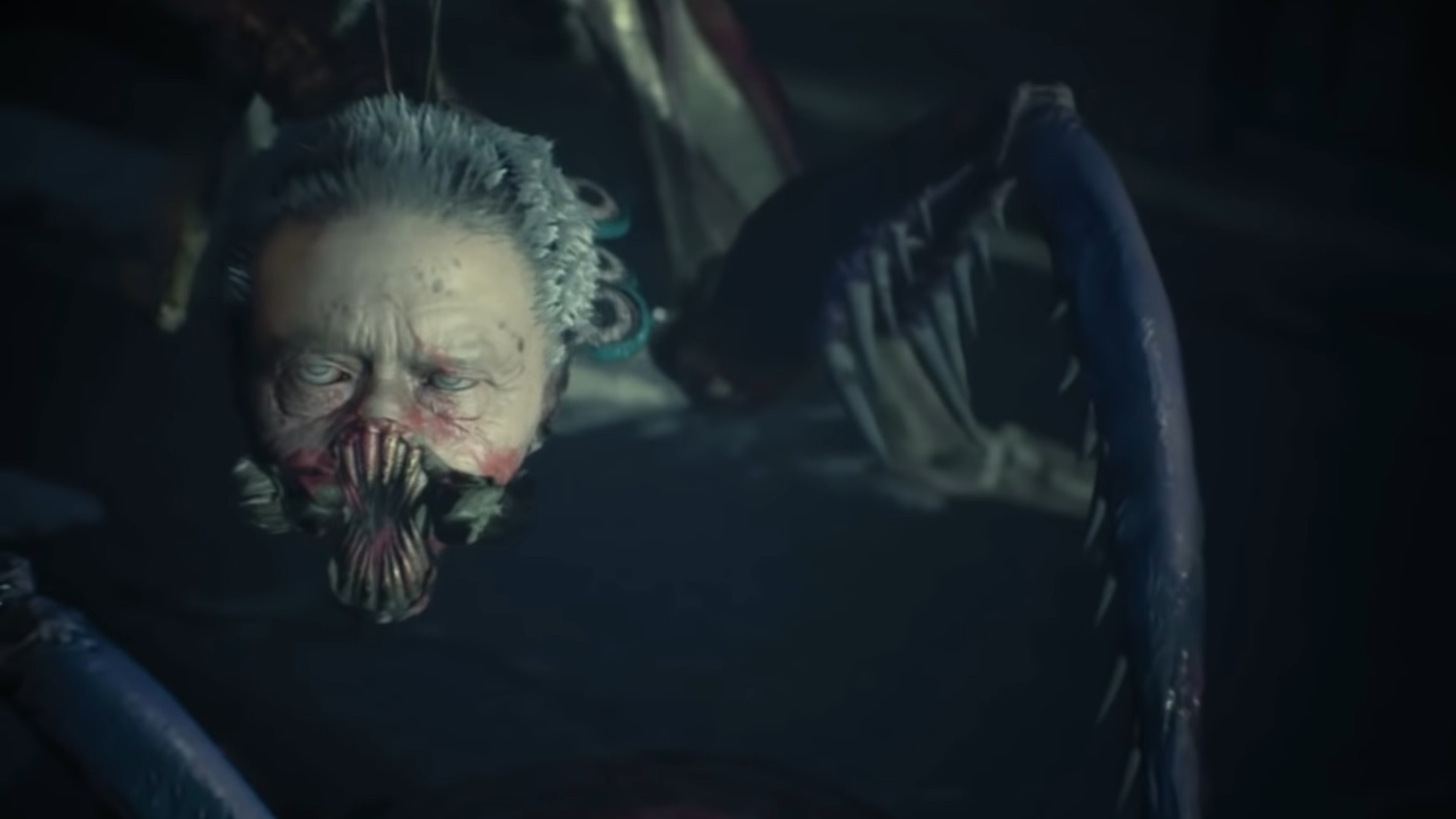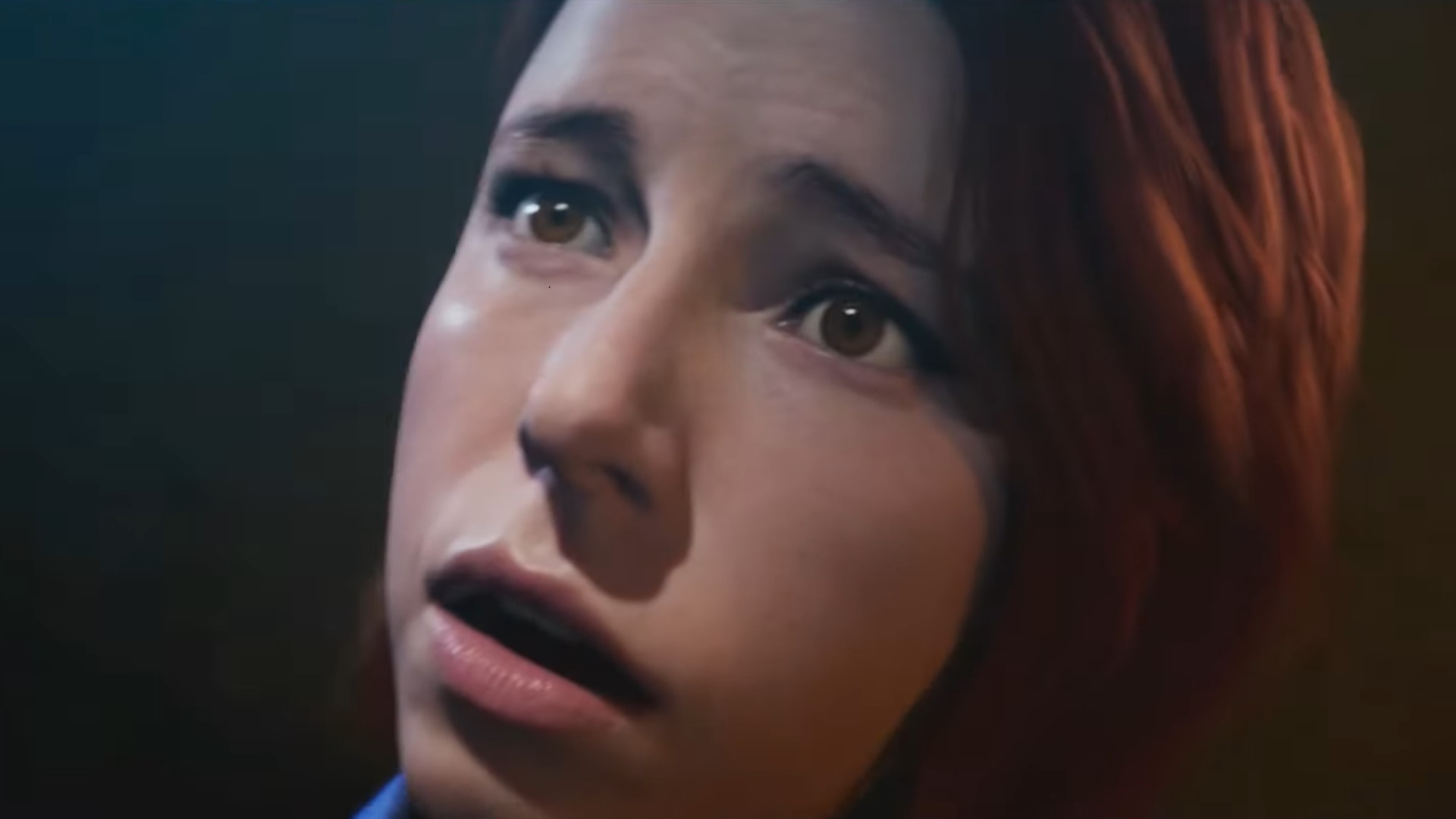Slitterhead looks like a Silent Hill game that’s making up for lost time
With Silent Hill mastermind Keiichiro Toyama at the helm, Slitterhead could be very special indeed

While the gaming world was drawing apt comparisons between Slitterhead and Silent Hill during the former’s reveal trailer at The Game Awards in Los Angeles last night, all I could think about was The Exorcist. To be fair, Slitterhead is the brainchild of Silent Hill creator Keiichiro Toyama, and is likewise being scored by the survival horror series’ esteemed composer, Akira Yamaoka. And while we could draw parallels between Slitterhead’s shapeshifting, seemingly possessed demonic entities and movie protagonist Reagan Teresa MacNeil, it was the classic horror film’s place in time that struck a chord with me.
My mother was among the crowd at the Glasgow Odeon cinema’s public premiere of The Exorcist in 1973, and recalls patrons fainting, being physically sick in the aisles, and being carried out by paramedics – so terrifying were the ‘special’ effects orchestrated by director William Friedkin perceived to be on-screen. It all looks a bit shit by today’s standards, of course, but it was of its time. Slitterhead, then, looks like Silent Hill making up for lost time.
Turned up to 11
"The action-heavy style of Slitterhead flies in the face of Silent Hill’s more pensive sensibilities, but this doesn’t feel unnatural given the direction of blockbuster horror in 2021."
Developed by Czech studio Vatra Games, Silent Hill: Downpour was the last main series Silent Hill instalment that was launched in 2012. The last game to be released by series pioneers Team Silent was 2004’s Silent Hill: The Room, and while Hideo Kojima’s P.T. teased an ultimately ill-fated new direction for the brand in 2014, Keiichiro Toyama’s original vision has otherwise been neglected for close to a decade. Toyama himself is also responsible for the Forbidden Siren series of horror games – the last of which, Siren: Blood Curse, landed in 2008 – having spent the last several years working on the Sony-exclusive action-adventure series Gravity Rush. Last year, the 51-year-old established Bokeh Game Studio, with Slitterhead marking its first project.
There’s barely a minute of cinematic footage in Slitterhead’s reveal trailer, but it’s surely enough to get horror fans and, more specifically, Silent Hill fans, buzzing. Clearly keen to tap into this lineage, the trailer spends its opening stretch outlining Toyama’s credentials, informing us that “in 1999, Keiichiro Toyama chose horror as the genre for his first directorial work. Silent Hill was released to the world. In 2020, he went independent and founded Bokeh Game Studio. And he came back to face a new challenge in horror.” In practice, Slitterhead looks like Silent Hill turned up to 11 – with grotesque, shapeshifting monsters aplenty; the dismemberment of bewildered civilians and police officers alike; and a ninja-aping, motorcycle helmet-wearing, sword-wielding chap who goes to town on the ethereal beings, who may or may not be the game’s protagonist.
The high-octane, action-heavy style of Slitterhead of course flies in the face of classic Silent Hill’s more pensive sensibilities, but, at this stage at least, this doesn’t feel unnatural given the direction of blockbuster horror in 2021. Resident Evil has pivoted towards more action-inspired first-person terror in recent years, while Tango Gameworks’ The Evil Within breached the shores of open-world horror in its second series entry of 2017. From what we’ve seen so far from the latter studio’s upcoming Ghostwire Tokyo, it too is adopting a more hands-on, conflict-leaning approach in its interpretation of the scare ‘em up for the modern age.


Creativity and risk are driving modern horror games – but where does the genre go next?
Perhaps the most exciting takeaway from Slitterhead’s reveal trailer, though, arrives at its very end. We’re shown a wide shot of a high-rise apartment block situated within what looks like an industrial area. Homes are tightly knitted together in the multi-story structure, and, when the camera zooms in, we’re shown a woman standing on a veranda who’s clearly been infected by the parasites we’ve seen earlier. In a flash, her creature-like head – scales, tentacle tongue and all – retracts, folding neatly back into place, to reform her otherwise normal human face. She smiles and the shot fades to black.
Psychological horror lies at the heart of classic Silent Hill, and I love the thought of shapeshifters playing a role here in Slitterhead – whereby no one can be trusted, and anyone could be hostile. Just the thought of dawdling around the hallways of that very apartment complex, fumbling broken locks and circumventing stacked filing cabinets which inexplicably block stairways to key areas simultaneously fills me with joy and dread. Throw the possibility of unpredictable baddies into that mix, and I’m already sold. Fold in the technical and aesthetic strides video games have made since Toyama’s last involvement in horror, and Slitterhead really could be something really special. Like The Exorcist, Team Silent’s Silent Hill games have lost their edge in visual terror terms, but are nevertheless intergral to where the genre stands today.
Weekly digests, tales from the communities you love, and more
To this end, we recently considered the current state of horror games and what lies ahead for a genre driven by creativity and risk. With the likes of Tango Gameworks’ Ghostwire Tokyo and now Bokeh Game Studio’s Slitterhead, it would seem the spectrum of video game horror is in rude health and in safe hands moving forward. Which is, of course, equal parts wonderful and terrifying.
Need more frights in your life? You should check out the best horror games available right now.

Joe Donnelly is a sports editor from Glasgow and former features editor at GamesRadar+. A mental health advocate, Joe has written about video games and mental health for The Guardian, New Statesman, VICE, PC Gamer and many more, and believes the interactive nature of video games makes them uniquely placed to educate and inform. His book Checkpoint considers the complex intersections of video games and mental health, and was shortlisted for Scotland's National Book of the Year for non-fiction in 2021. As familiar with the streets of Los Santos as he is the west of Scotland, Joe can often be found living his best and worst lives in GTA Online and its PC role-playing scene.


